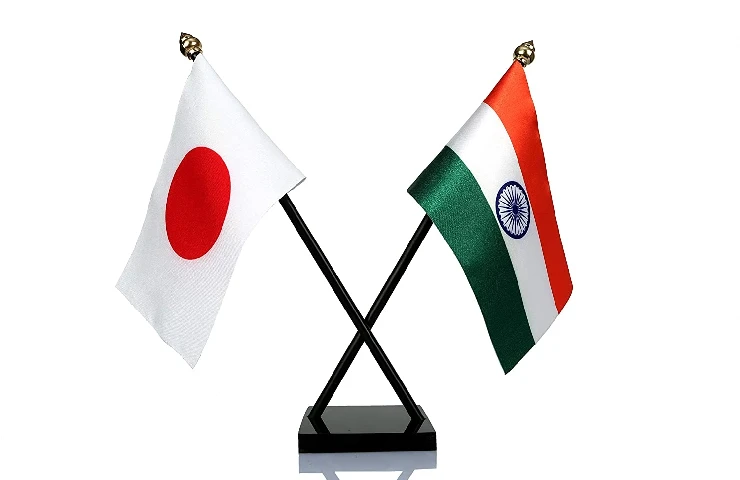As India and Japan look at expanding economic ties amid shifting geopolitical dynamics, the two are focusing on boosting people to people contact to alter the existing perception. “Existing Japanese businesses that are already present in India are doing very well but there is a challenge in bringing newer medium and smaller companies into India and that is because of the perception or the rampant miscommunication issue. We have to work closely to change that,” Suzuki Takashi, Chief Director General, Japan External Trade Organisation (Jetro), India told India Narrative.
Takashi said that Japanese investments in China are more diversified when compared to India. “In India, investments are primarily confined to the automobile sector. We now want to make it more diversified,” Takashi said, adding that Jetro will have a key role in this mission.
Promoting educational programmes with expanded students exchange schemes and tourism will be key for deepening people to people contact.
In March, Japanese Prime Minister Fumio Kishida announced an investment plan of Rs 3,20,000 crore (5 trillion yen) in India in the next five years. Subsequently, in May, Prime Minister Narendra Modi, who was in Japan to attend the QUAD summit, also held a meeting with top 30 CEOs of Japanese companies. “Make in India for the World” –was Modi’s message to the Japanese business community.
“We all emphasise on ease of doing business but the fact is that when Japanese companies or other multinational firms invested in other countries, say in China, there was limited scope in those countries as well,” Takashi said.
The Jetro boss, who has been living in India for the last five years, added that in terms of ease of living, India provides adequate comfort to expatriates.
Aditya Kumar Vijay, chairman, One Kizuna, an outfit promoting people’s connect and Japanese businesses in India, pointed out that the Japan Exchange and Teaching (JET) Programme in India must be expanded, which will promote people to people exchanges.
JET, founded by the Japanese government in 1987, provides an opportunity for young college graduates to assist with international exchange and foreign language education throughout Japan. The JET programme has grown significantly promoting cultural exchange programmes across the world.
However, participation of Indians for the programme has weakened with just a couple of people joining the course. “The JET programme has a huge scope and our endeavour is to expand participation of Indians. This is a wonderful way to create awareness among the people of the two nations and bring them closer,” Vijay noted.
According to a report released in November 2021– undertaken by Nasscom in partnership with the Nomura Research Institute, Japanese investment in India has grown four times since 2016 creating 102,000 jobs.
At present, Japan is the fifth largest investor in India. The cumulative foreign direct investment (FDI) stood at $37.7 billion between April 2000 and till June, this year.
Also read: Japanese companies bet big on India as Modi govt rolls out red carpet
Japan’s Kishida lauds Shinkansen bullet train project in India as a model for world




















